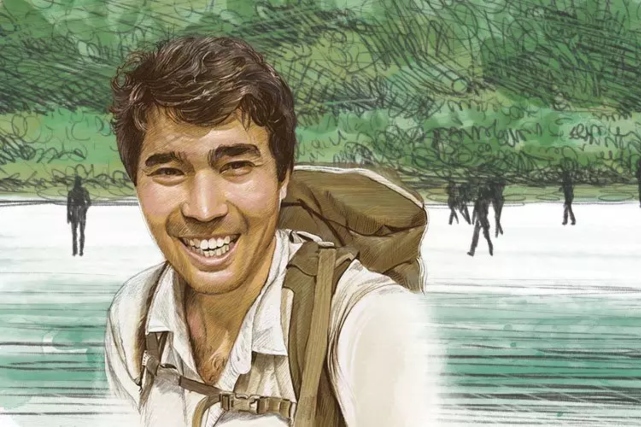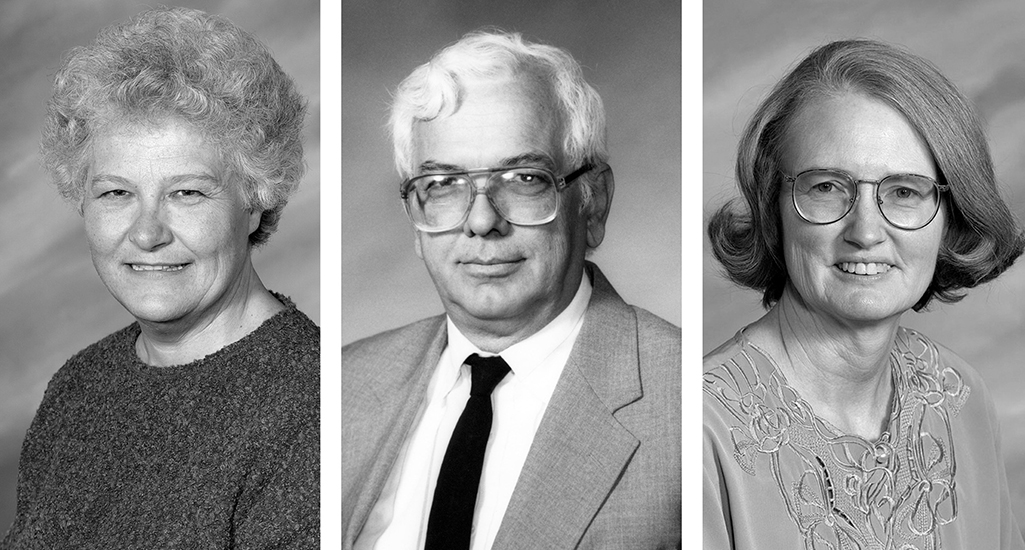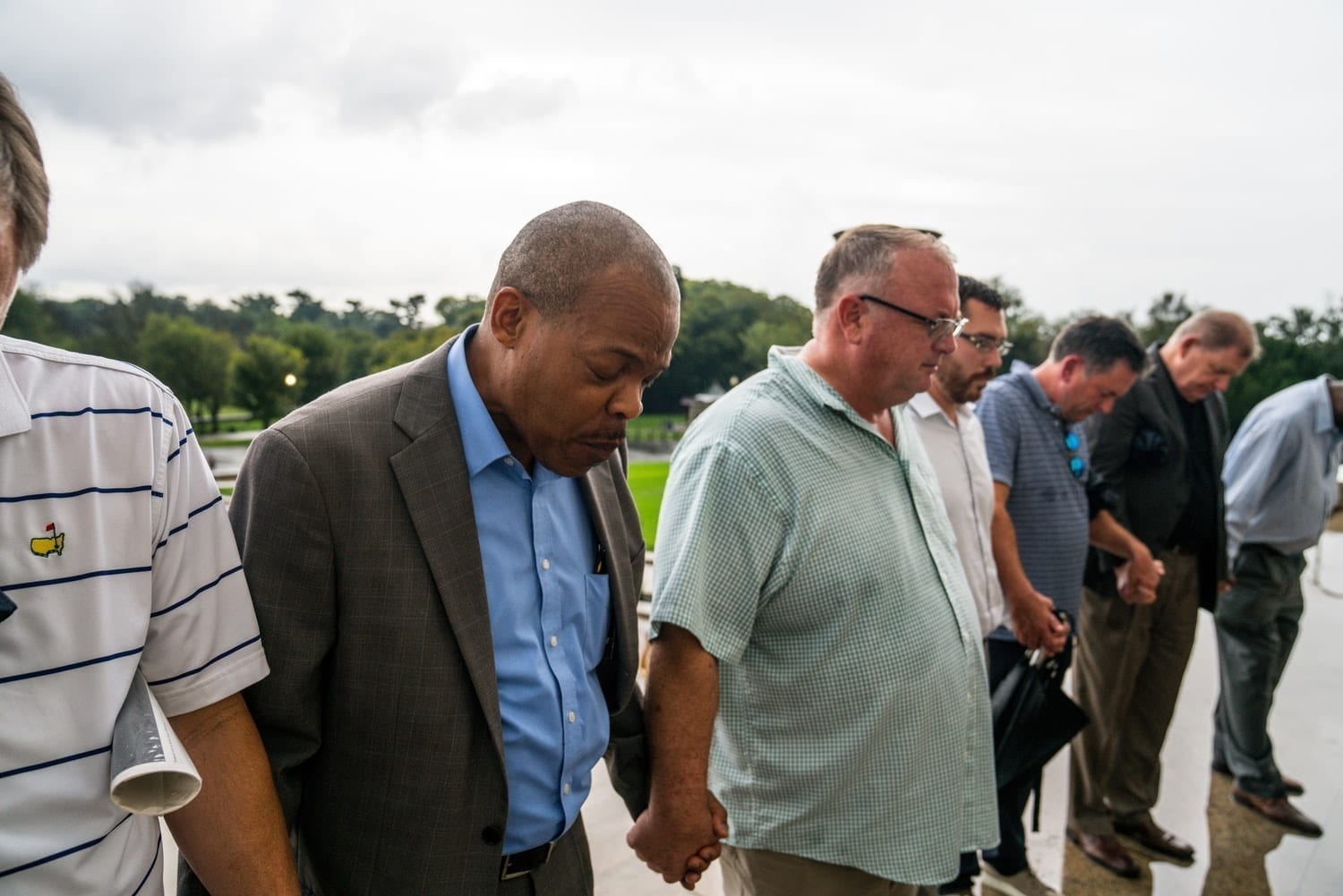
John Chau’s murder by tribesmen on North Sentinel Island in 2018 drew worldwide media attention, most of it critical if not downright mocking. The young Christian missionary was called a fool, a colonialist and an adventure bro. He was mocked in memes and ridiculed by comedians for cheap laughs.
And the criticism didn’t come only from unbelievers. Christians piled on, too, passing on the memes and arguing that John’s approach to fulfilling the Great Commission was outmoded and wrong.
Jim Elliott, who was killed in 1956 while trying to share the gospel with members of the Huaorani people in Ecuador, famously said, “He is no fool who gives what he cannot keep to gain what he cannot lose.” So John Chau was no fool. Nor was he a colonialist, adventure bro or unprepared, amateurish missionary.
John Chau was a hero.
The funny thing is that the false story so many heard after his death was the one John wanted us to hear. He had left a breadcrumb trail on Instagram and other social media that led away from the truth of his dangerous mission. He wasn’t out for “credit” and didn’t worry about being misunderstood. He cared only about the mission to which God had called him: taking the gospel to the Sentinelese people. John had counted the cost and found it worthwhile.
“You guys might think I’m crazy in all this,” he wrote the night before his death, “but I think it’s worth it to declare Jesus to these people.”
Trusting the promise of Revelation 7:9-10, John knew there would be Sentinelese people gathered around the throne of Christ for all eternity. If his mission were cut short by a Sentinelese arrow, disease or anything else, he knew someone else would take up the call to share Christ with the Sentinelese.
The Voice of the Martyrs (VOM) is honoring John’s inspiring example on this year’s Day of the Christian Martyr. While writing an article about John for the June issue of VOM’s magazine, I read many previous articles about his life, mission and death. I spoke with his friends and with leaders of the mission that commissioned and sent him to North Sentinel Island. I watched a video of a memorial service for John as well as a video he had recorded for a supporting church just months before his death.
I don’t think the criticism would bother John. And he might find it humorous that the most sympathetic article appeared in GQ, a magazine in whose pages he probably never imagined his name and picture appearing.
What would bother him, I think, is how quick Christians were to criticize. Many adopted the narrative that he was unprepared and foolhardy; he woke up one morning, got on a boat for North Sentinel Island and got himself killed. “What was he thinking?” seemed as common a sentiment among Christians as non-Christians.
John prepared for nine years to go to North Sentinel Island. Every decision he made was with the goal of reaching the island, learning the language, serving the Sentinelese and eventually being able to tell them about God’s love for them in sending His Son to die on a cross for their sins.
John’s story challenges Christians to look in a mirror and ask some uncomfortable questions. Was there an expiration date on Jesus’ call to “go into all the world” (Matthew 28:18-20)? Is there some sort of exclusion clause for places governments don’t want us to go or where the inhabitants have previously attacked and killed visitors? Does God still call people to dangerous places? Would He ever ask us to do something that might cost us our lives?
And, if I call myself a follower of Christ, what part am I supposed to play in going into all the world?
In John’s final hours, he wrote letters to his family and Christian friends. He encouraged them to forgive the Sentinelese if he were murdered, and told them he wanted his body left on the island (it was). For the witnesses he knew would inevitably follow in his footsteps, he prayed that God would “give them a double anointing and bless them mightily.” He also left a challenge: “I pray that you will never love anything in this world more than you love Christ.” John Chau’s life and death are proof that he lived up to that challenge. May his example inspire us to do likewise.
(EDITOR’S NOTE – June 29 has been set aside as Day of the Christian Martyr. Todd Nettleton is the host of The Voice of the Martyrs Radio and the author of When Faith Is Forbidden: 40 Days on the Frontlines with Persecuted Christians, a 2022 Christian Book Award winner. He has interviewed hundreds of Christians who have been persecuted for their faith and Christian witness during 24 years serving at The Voice of the Martyrs.)


